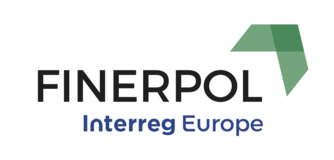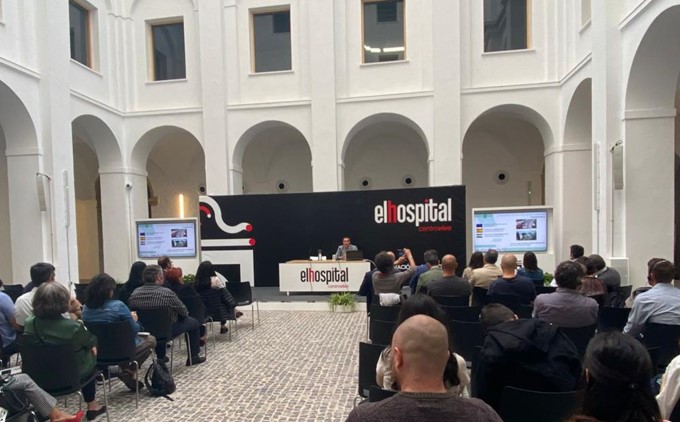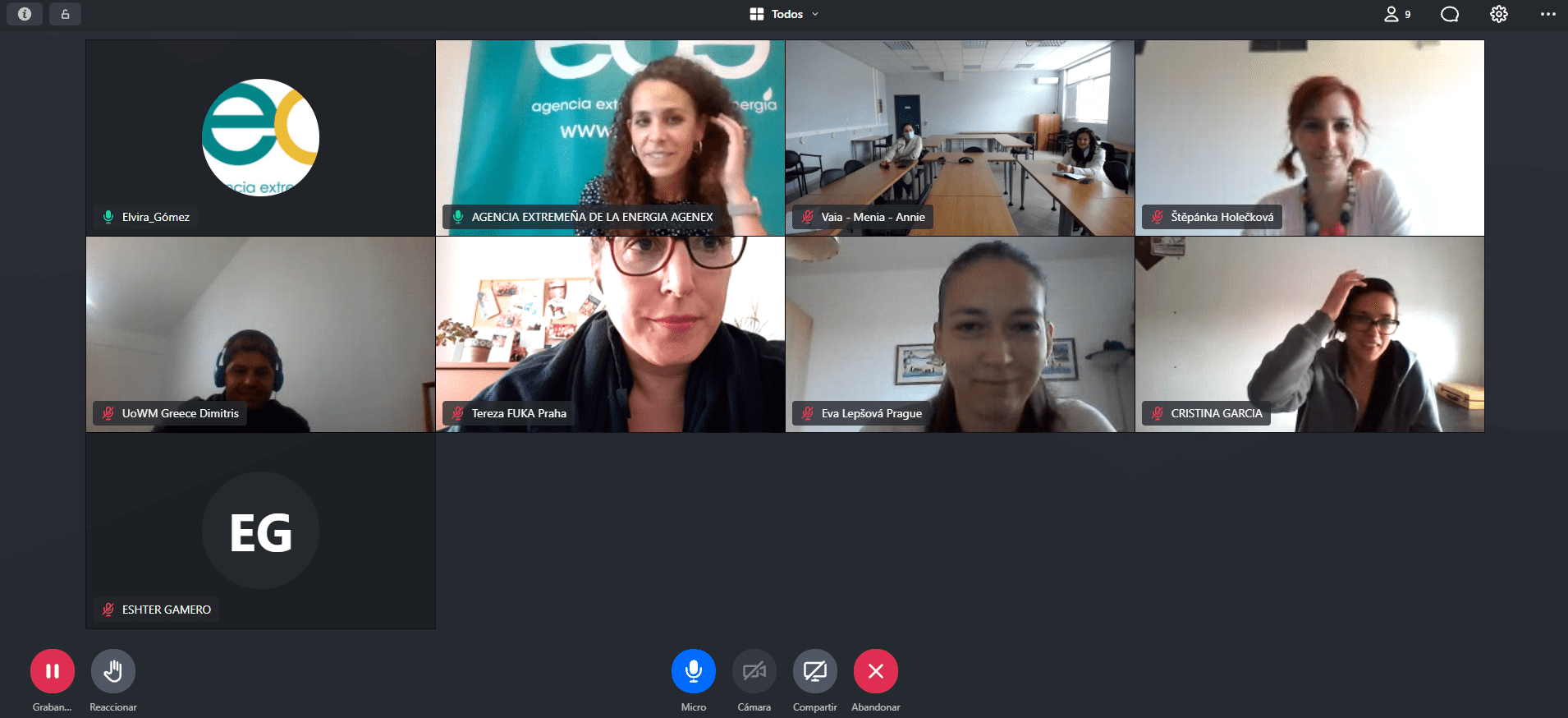The City of Prague organised on the 3 December 2021 the first online interregional event of FINERPOL’s project additional one-year phase. Special emphasis was put on coping with the COVID-19 pandemics when implementing financial instruments (FIs) in energy efficiency field. Partners presented their effort to handle the COVID crisis and its negative impacts as many planned actions were brought to a standstill. On the other hand, some opportunities were found in the crisis, such as adjusting already launched financial instruments to more urgent needs of the pandemic-ridden society.

First speaker, Mr. Štěpán Kyjovský (head of the City of Prague’s Environment Protection Department) welcomed in the name of the city and the vice-mayor for environment Petr Hlubuček all project partners and present stakeholders with an inspiring speech about Prague’s comprehensive commitment to reduce carbon emissions. Mr. Kyjovský quoted London’s mayor Sadiq Khan who said during the recent UN Climate Change Conference in Glasgow that cities are “doers” in tackling climate change in comparison with national governments who are “delayers”.
Ana Martínez Pinilla (Lead partner - Extremadura Energy Agency) presented FINERPOL project, its results (e.g. Finermap tool, a georeferenced map providing best practices how to finance energy renovation of buildings) and success stories in form of financial instruments already implemented in the previous phase (e.g. Extremadura’s Guarantee Fund for wide-scale residential buildings renovations or Prague’s INFIN programme). INFIN programme was than presented in more detail by Ondřej Ptáček (the City of Prague’s expert on financial instruments) and this good practice was shared with partners about its transformation into COVID Prague guarantee programme in the spring 2020. The product change was realized within two weeks and its allocation of 24 million euros was fulfilled just 10 minutes after the opening of call. This experience demonstrates the crucial role of a right set-up of financial instrument: When it really covers the needs of society, companies do not hesitate to use it.
Jaroslav Klusák, the City of Prague’s energy manager then presented the Prague City Climate Plan to 2030 (SECAP), its main areas (Sustainable energetics and buildings, Sustainable mobility, Adaptation to climate change and Circular economics) and priority projects (e.g. biogas station for municipal bio-waste utilization or utilization of wastewater heat from the Prague central treatment plant etc.). Mr. Klusák also described launching of Prague Renewable Energy Community and its ambition to install 20 000 PV plants on the city’s buildings and to enable
its members to address electricity flows between generation/supply and transmission points more efficiently (and more easily integrated into central purchasing).
After this presentation, Mr. Ptáček took the floor for his second part - presenting financial instruments in 2021+ and main changes for FIs according to the General Regulation for 2021-2027 in comparison with the previous programming period. He stressed the possible combination of grants and FIs in a single operation or a new form of capital rebate support depending on performance of the beneficiary e.g. in the case of achieving energy savings or another determined goal, the final beneficiary may be forgiven part of the instalments.
After all speakers ended their presentations, an interactive workshop moderated by Ana Martínez Pinilla took place, with all partners participating and making their contributions on themes such as main energy renovation barriers, covid-19 challenges, financial instruments’ benefits, or possible ways to boost energy efficiency and renewable energy sources in buildings. Among barriers for energy renovation, a long payback period, administrative obstacles, a variety of homeowners in private buildings or a lack of interest in the private sector were mentioned. As covid-19 challenges partners saw e.g. a lack of qualified stuff, strained supply chain that could not deliver in timescales or the release of national funds at the same time, causing peaks in demand and undeliverable services. As benefits of FIs energy communities, bigger flexibility, soft loan conditions or distribution by financial intermediary were named. There were also some ideas flowing about possible boost of EE & RES in buildings such as digitalisation, involvement of energy communities, and the usage of power purchase agreements, integrated home renovation services, combination of FIs and grants in a single package or reducing taxes for home owners.
FINERPOL project is financed by European Regional Development Fund through INTERREG EUROPE programme.









